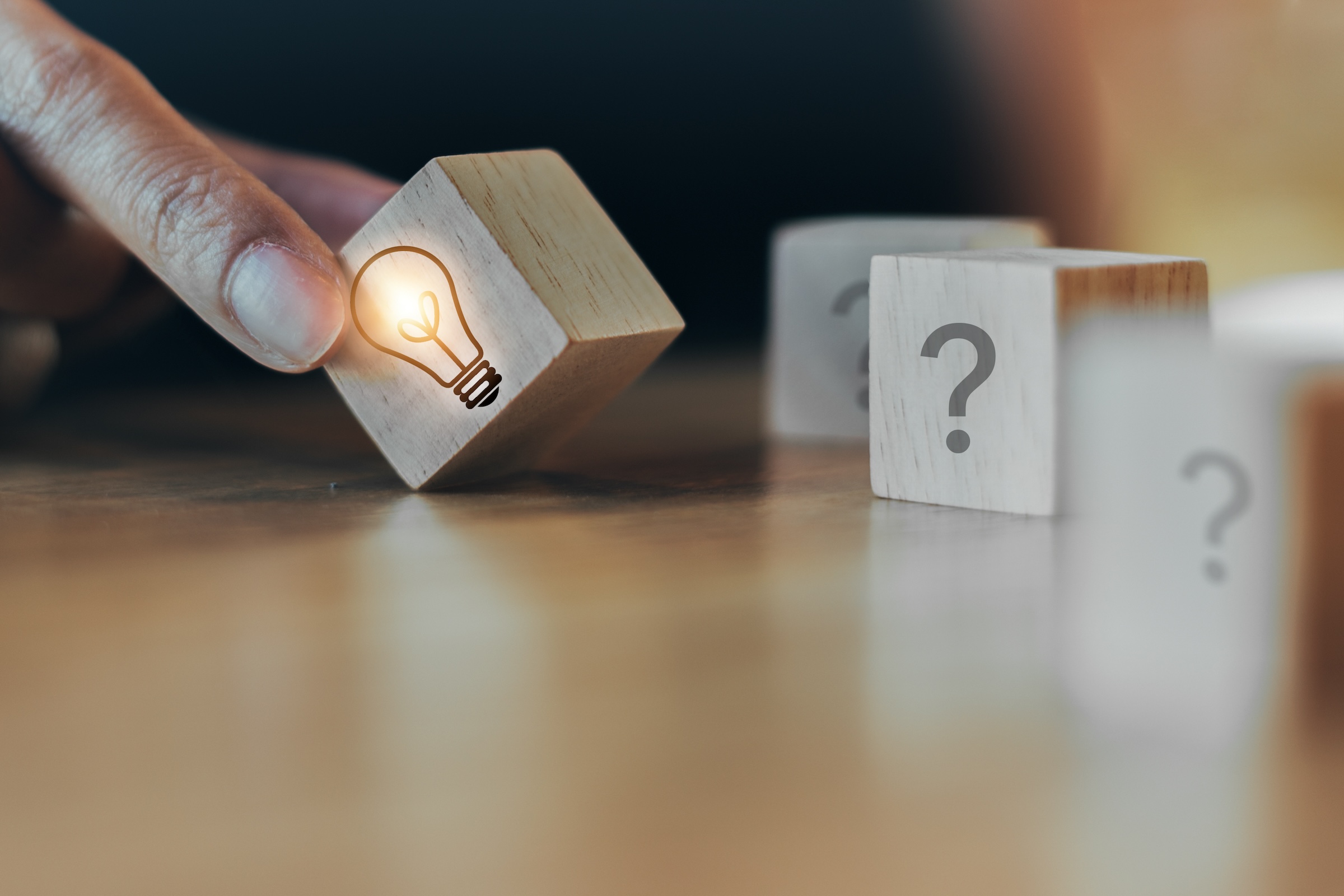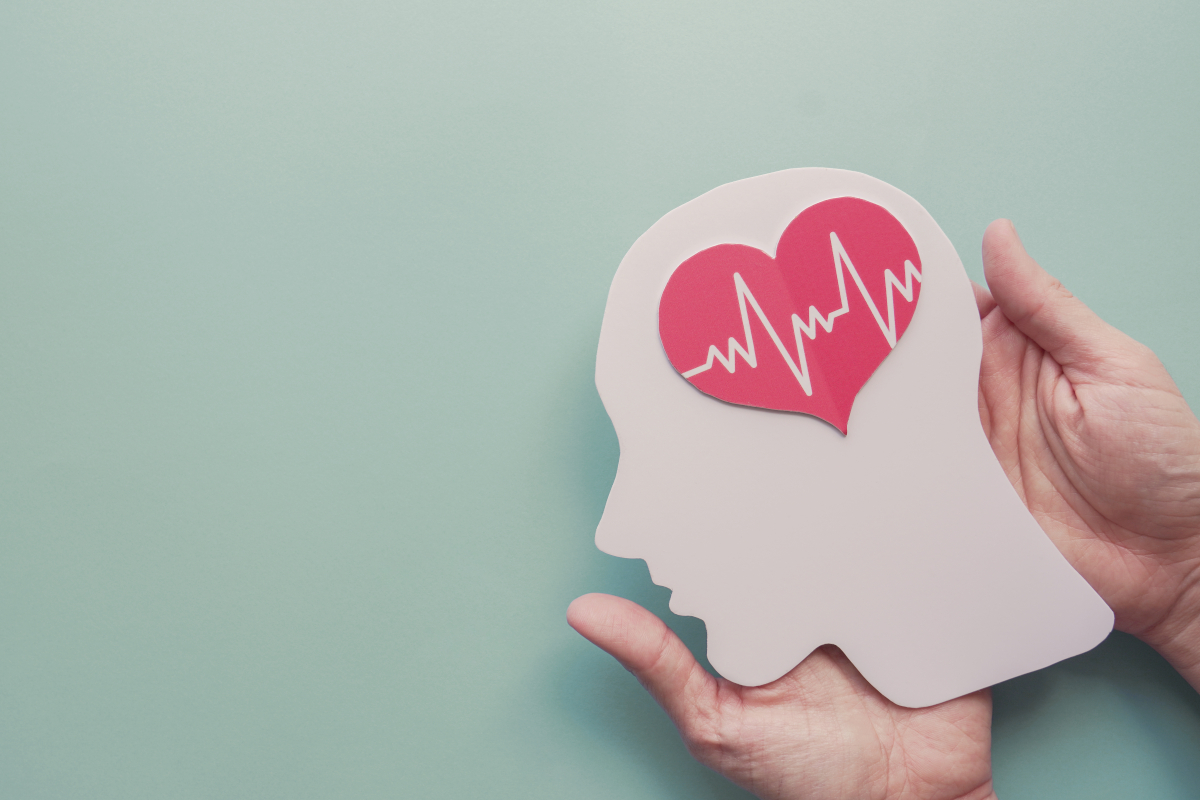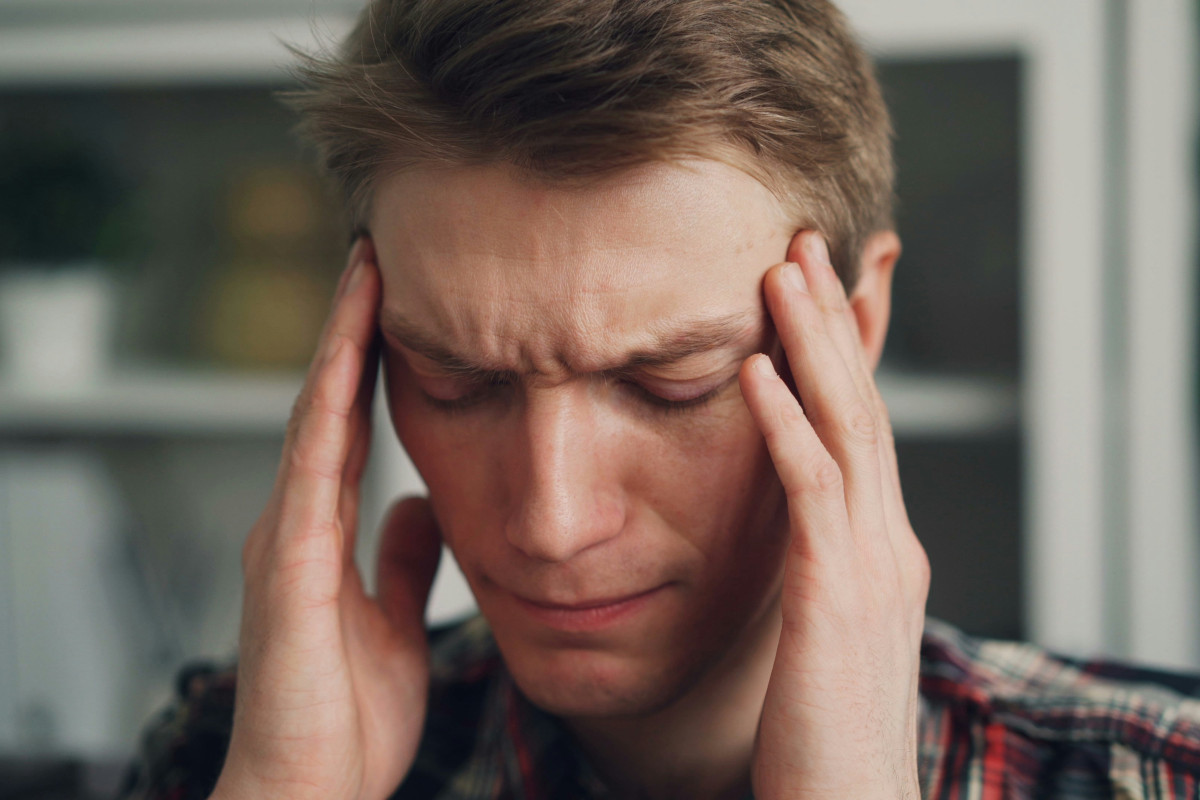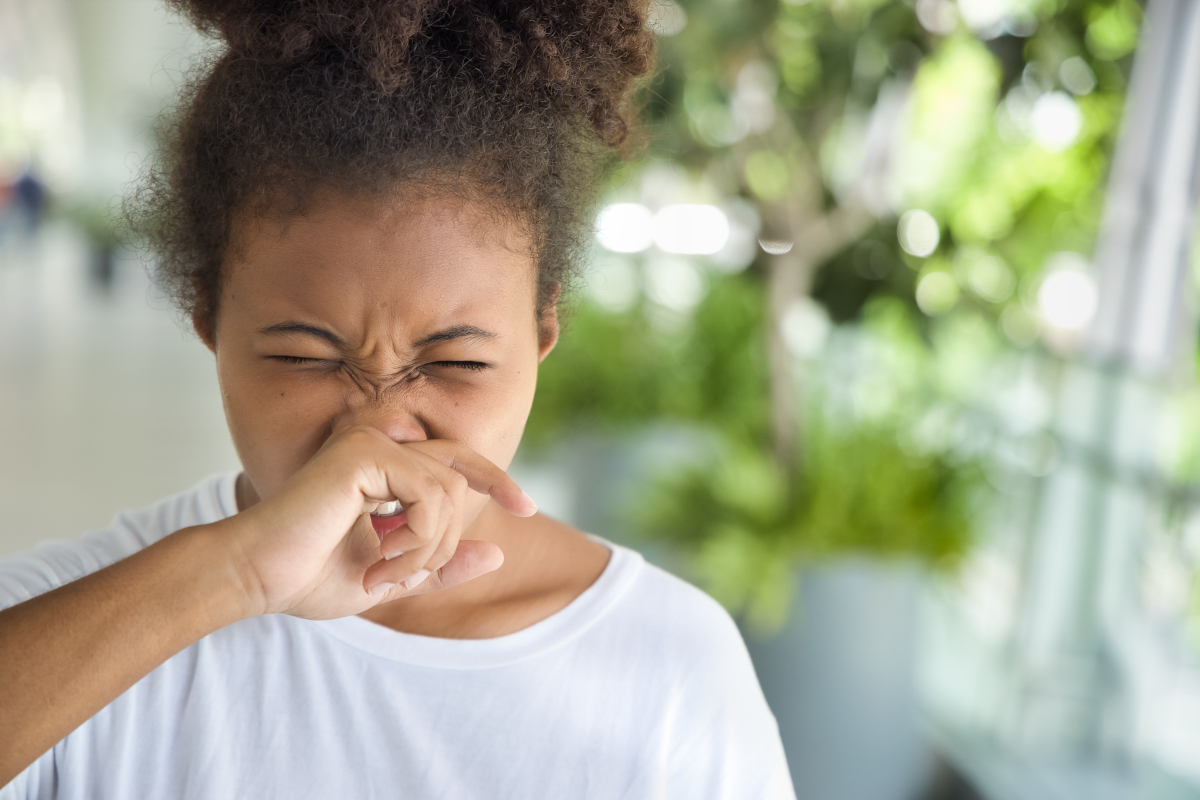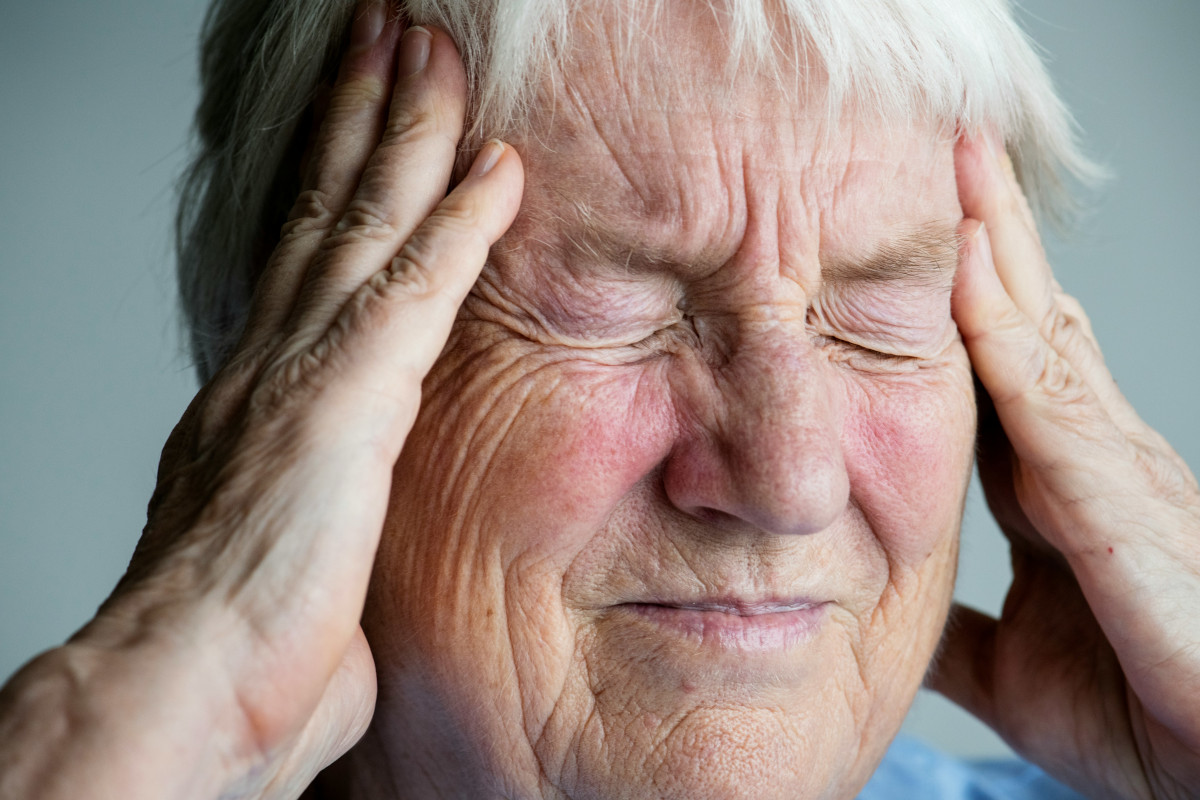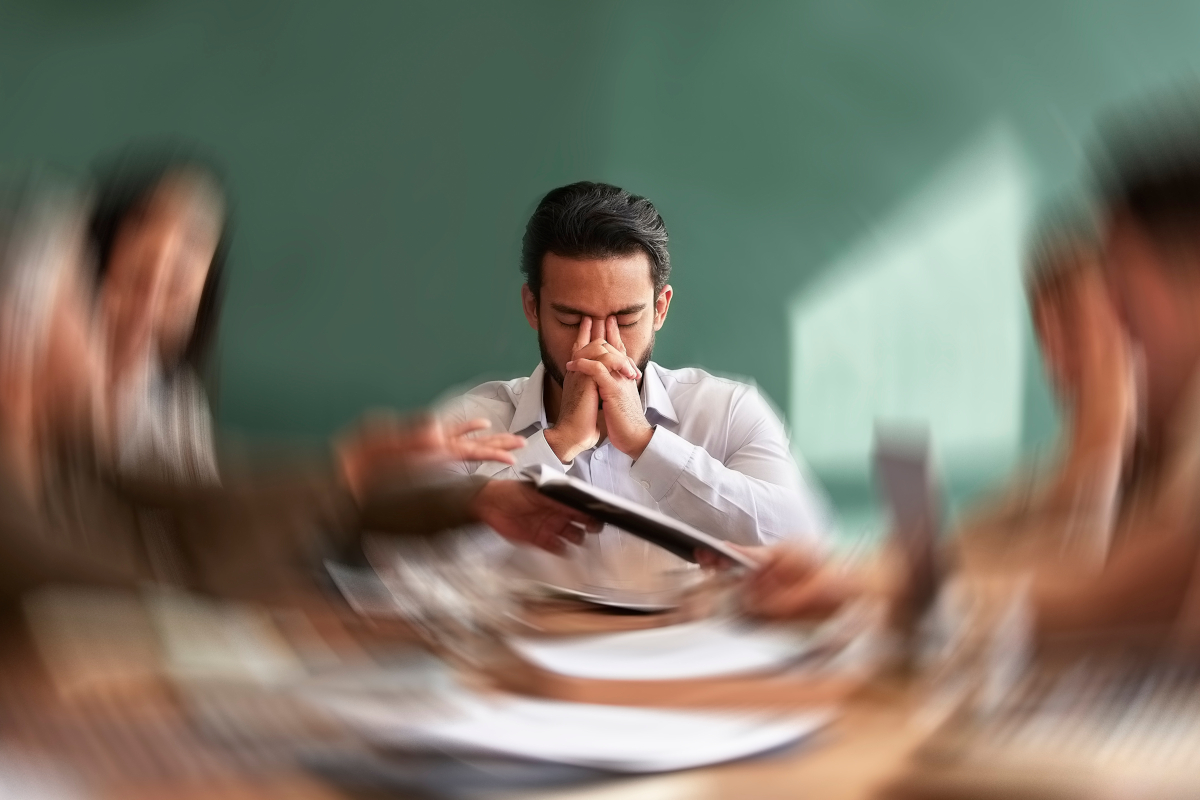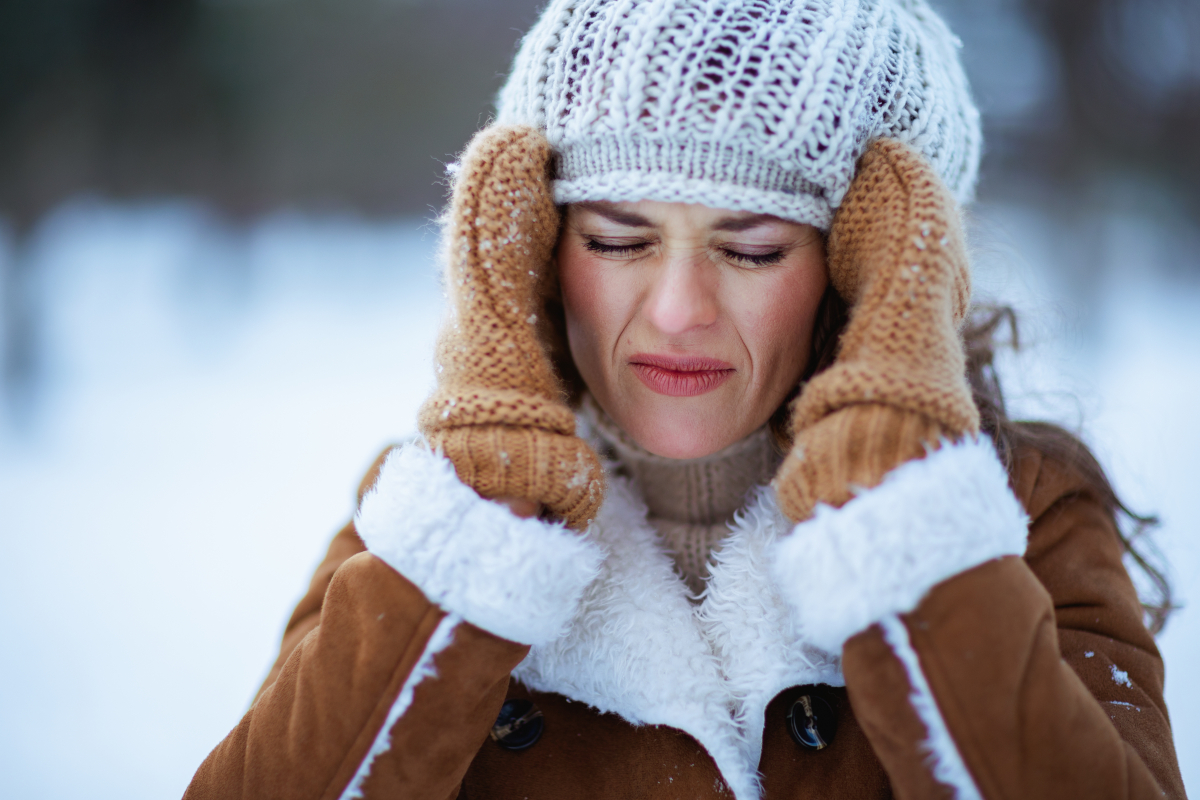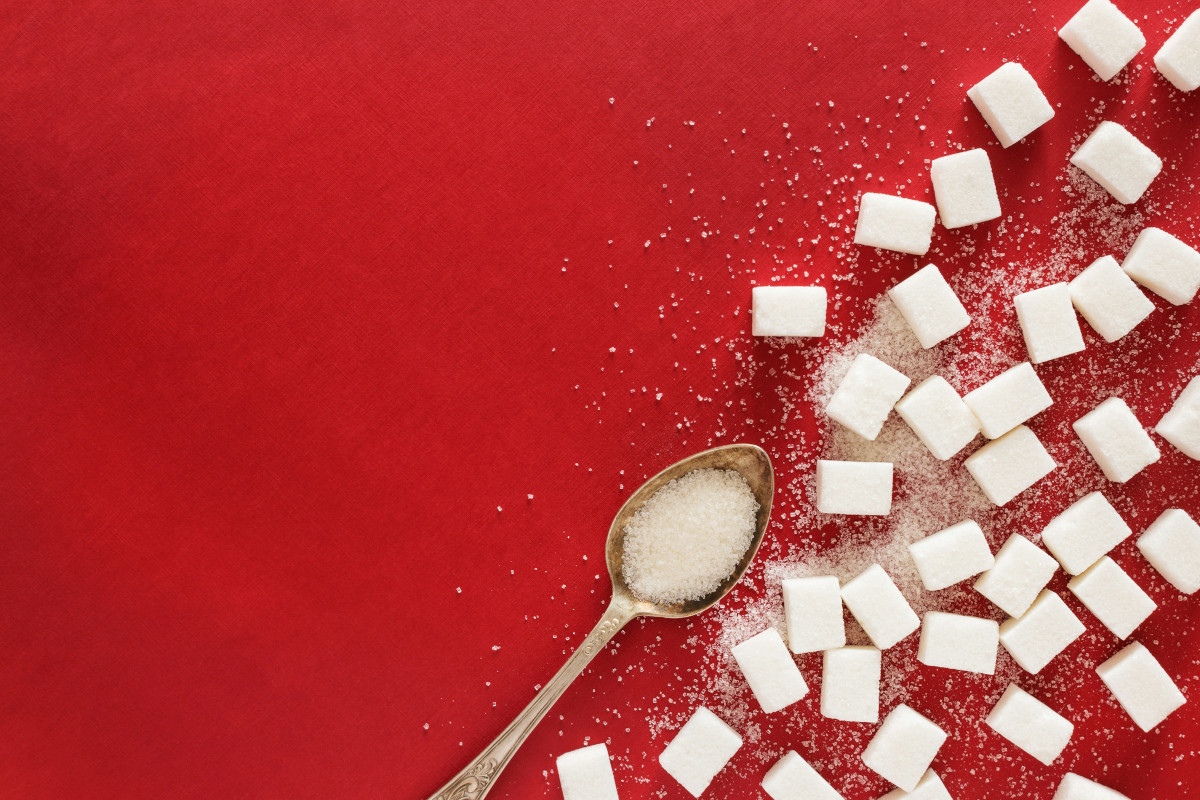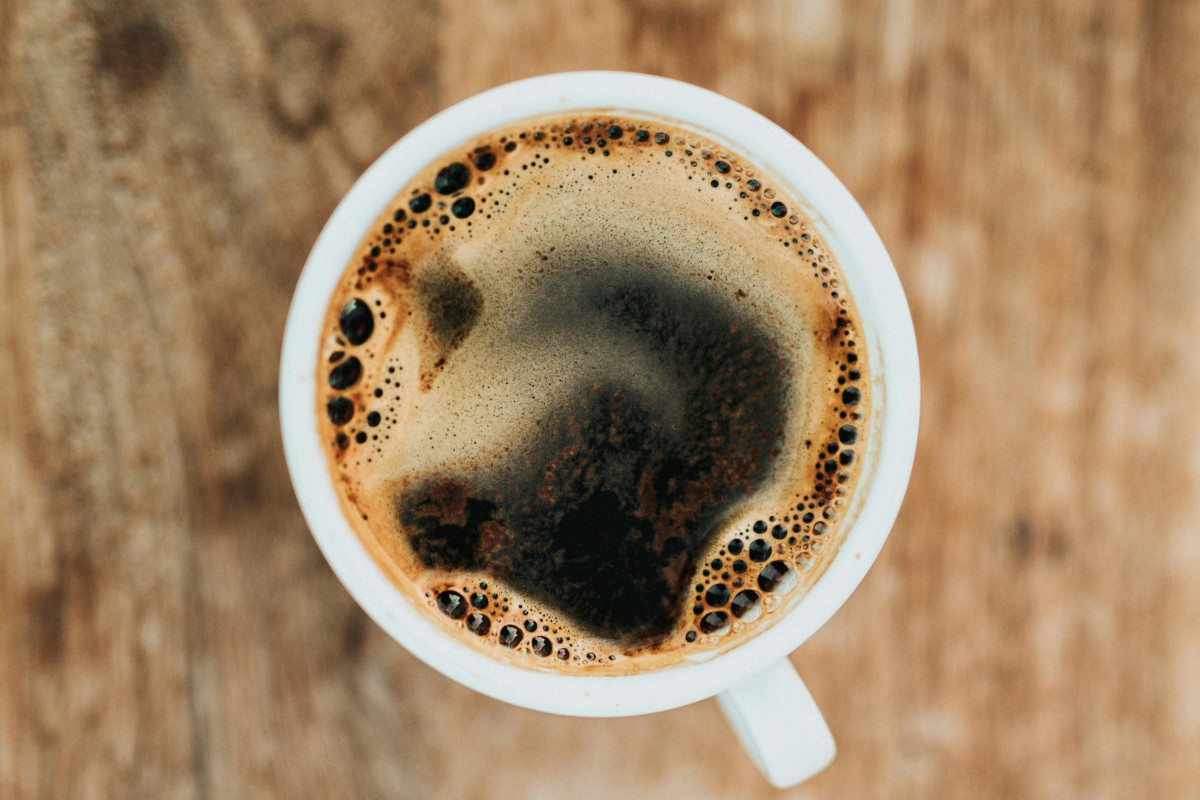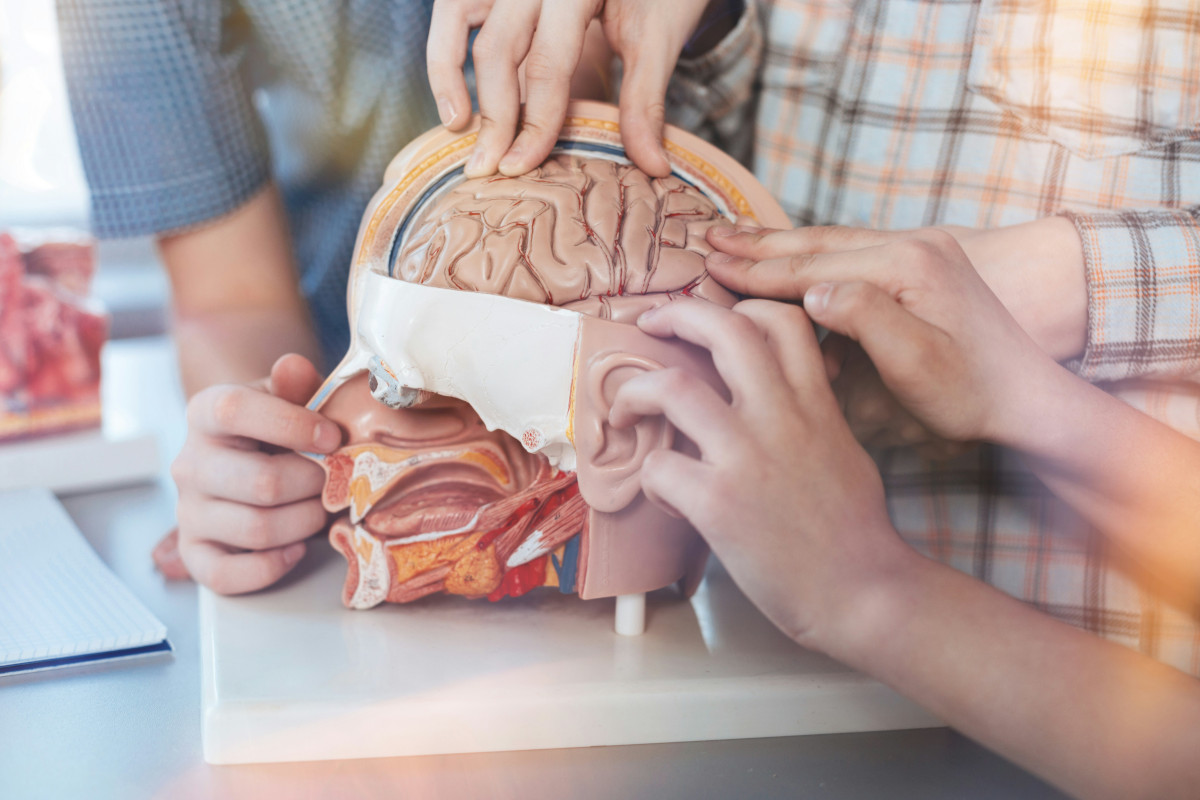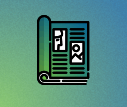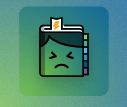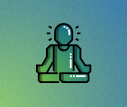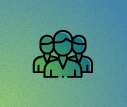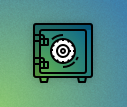Migraine on the beach: holiday headaches explained
Vacation time at last! As that workday tension drains away, you should be feeling great, right? Finally a chance to get away from it all, clear your head and just enjoy. Migraine on vacation seems to make no sense. When you leave your daily hassles behind, how can a migraine catch up with you? The reality for some people is that vacation makes their migraine worse. How come?





-
References
Vingerhoets AJJM, Van Huijgevoort M, Van Heck GL. Leisure sickness: a pilot study on its prevalence, phenomenology, and background. Psychother Psychosom. 2002;71:311–317. doi:10.1159/000065992.
Lipton RB, Buse DC, Hall CB, Tennen H, Defreitas TA, Borkowski TM, Grosberg BM, Haut SR. Reduction in perceived stress as a migraine trigger: testing the ‘let-down headache’ hypothesis. Neurology. 2014;82:1395–1401. doi: 10.1212/WNL.0000000000000332.
Waeldin S, Vogt D, Linden M, Hellhammer DH. Frequency of perceived poststress symptoms in inpatients, outpatients and healthy controls: the role of perceived exhaustion and stress. Psychother Psychosom. 2016;85:36–44. doi: 10.1159/000438866.
Sonnentag S, Niessen C. To detach or not to detach? Two experimental studies on the affective consequences of detaching from work during non-work time. Front. Psychol. 2020;11:560156. doi: 10.3389/fpsyg.2020.560156.
Smit BW. Successfully leaving work at work: The self-regulatory underpinnings of psychological detachment. Journal of Occupational and Organizational Psychology. 2016;89:493–514. doi: 10.1111/joop.12137.

